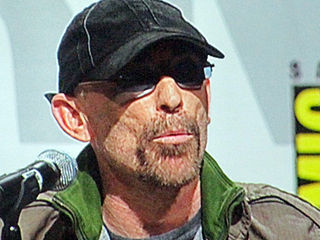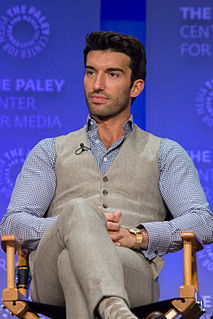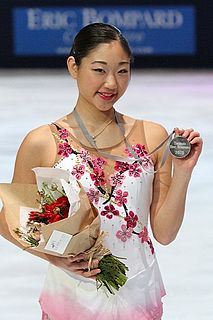A Quote by Frederick Lenz
On waking from the dream, we see that birth and death, the sense of self, other - all of these things fade away.
Related Quotes
Birth leads to death, death precedes birth. So if you want to see life as it really is, it is rounded on both the sides by death. Death is the beginning and death is again the end, and life is just the illusion in between. You feel alive between two deaths; the passage joining one death to another you call life. Buddha says this is not life. This life is dukkha - misery. This life is death.
If a man considers that he is born, he cannot avoid the fear of death. Let him find out if he has been born or if the Self has any birth. He will discover that the Self always exists, that the body that is born resolves itself into thought and that the emergence of thought is the root of all mischief. Find from where thoughts emerge. Then you will be able to abide in the ever-present inmost Self and be free from the idea of birth or the fear of death.
Spirit of BEAUTY, that dost consecrate With thine own hues all thou dost shine upon Of human thought or form, where art thou gone? Why dost thou pass away and leave our state, This dim vast vale of tears, vacant and desolate? Ask why the sunlight not for ever Weaves rainbows o'er yon mountain-river, Why aught should fail and fade that once is shown, Why fear and dream and death and birth Cast on the daylight of this earth Such gloom, why man has such a scope For love and hate, despondency and hope?


































